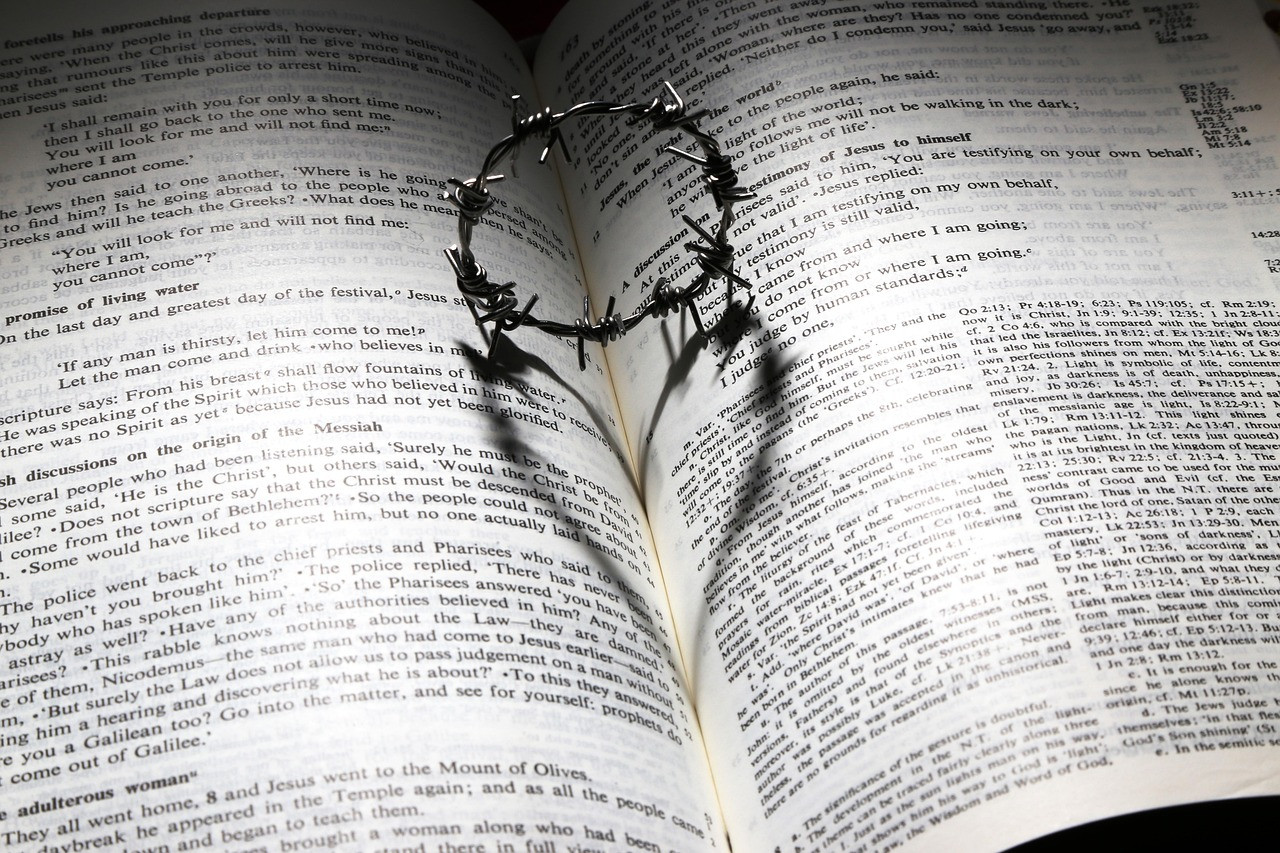
Codependent.
This is a word that can come loaded with emotion, responsibility, shame, guilt, self-doubt, people-pleasing, and fear of going against the way your protective survival skills have trained you to go about life.
Well, this week, a variation on this theme kept coming up in my sphere of observation. From counseling and coaching meetings to a trip to the convenience store, one theme seems to be showing up repeatedly. as.."someone bothered me by their thoughts/words, and I find myself emotionally spinning as a result of it."
Over and over again, I was observing situations in which "Person B" had thoughts or opinions that were made known to "Person A" in a way that "Person A" didn't appreciate but was trying to work through. "Person B" in each case had expressed themselves in a way that "Person A" was feeling "put upon" by the disclosure(s) of "Person B," and "Person A" felt the pain and pressure of trying to sort through the various nuances of that information "Person B" attempted to share.
If that last paragraph sounds convoluted and confusing to you in any way, image how confusing it can feel when you are "Person A!" You're minding your own business, trying to live your life well, and "Person B" drops a verbal "bomb" of some sort....perhaps, an insult, a blaming statement, a shaming statement, an expectation, or an observation that you didn't ask for, didn't want, and didn't deserve right at your proverbial feet.
Those kinds of situations bring up all kinds of "feels" right? There's the confusion, the frustration, the hurt, the anger, the trying to understand and meet someone else's needs, the digging in of heels when we feel pushed against our will or resentful of the intrusion we didn't ask for because somebody else just had to express themselves "at our expense" in some way, and overall, the dysregulation in our nervous systems when we feel the load of what "Person B" expressed.
The key to handling these types of situations is to recognize what "belongs to you" and what "belongs to the other" person.
It gets convoluted and confusing, when we can't identify where we end and they begin, just as they couldn't identify where they end and we begin.
It's easier said than done, though, because these kinds of things can send our nervous systems into fight, flight, freeze shutdown, or fawning. So, how can we become more clear on what does and does not belong to "us?"
6 Questions You Can Ask to Leave "Person B's" stuff with them.
1) Ask yourself, "What am I observing?"
2) "Is this mine or theirs?"
3) "Do I need to respond/take action, or is it their issue/responsibility?"
4) "Am I trying to be the rescuer, when they need to be the one who makes their choices and experiences the consequences of those decisions they've made?'
5) "What am I going to do with what I have observed or experienced?
6) How can I make a healthy choice that pleases God out of truth and not obligation, people pleasing, or fear?"
On a related note, finding one's way after belonging to a religious cult is an experience that leaves a lot of confusion and conflicting thoughts and emotions to sort through, too, as the cult's destructive messaging and beliefs can be left at the unsuspecting doorstep of its followers. Don't forget to check out this week's podcast episode, Part 2, of my interview with Liza Lovett, from the Warrior's Community Podcast, where she shares more about her journey to healing from toxic abuse.
If you would like help walking through the difficulties of life and mindset issues, the Mental Health Membership Community is NOW OPEN. You can learn more about what's included,and join by clicking this link.





